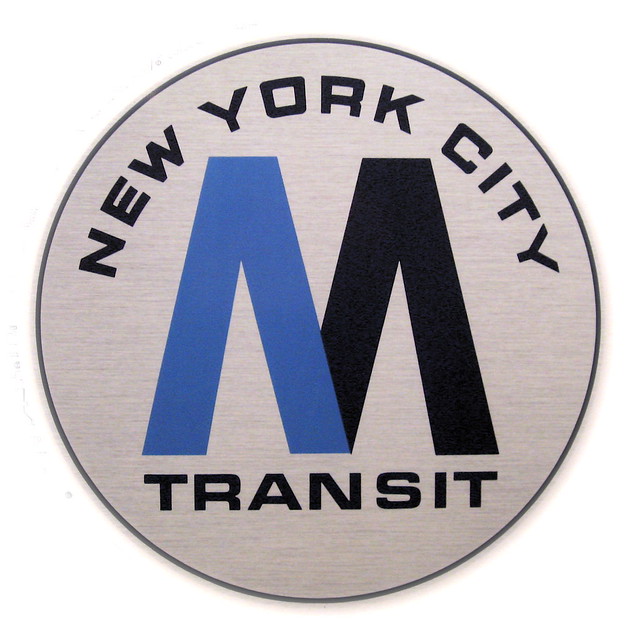dckingsfan wrote:Hey Zonk, isn't the best way to go to let the current school systems do what they do but then also let parents choose if they want to go to their public school or to the local Charter School? Wouldn't that be the best way to foster competition?
I would think that the local schools would improve quickly if they knew that they had competition.
I also think that charter schools have a better chance of not being racist - but I have no metrics to back this up.
Ok, let me describe the "jail school" approach.
Allow full mobility of teachers and students between schools. IN BOTH DIRECTIONS. E.g. if your student is a poor performer, they get sent to a lower tier school. If a teacher is a poor performer, they get sent to a lower tier school. Teachers and students that are good get an opportunity to move up.
The end result is that certain schools become "jail schools," where all the malcontents and incompetents go.
It's kind of the way the system works now, except instead of calling the crap schools "jail schools," they call the good schools "magnet schools." And you can only move up, not down.
Now imagine a privatized system where student mobility is determined by parents' wealth rather than actual school performance. Now the "jail schools" are where all the poor kids go, instead of the dumb kids (or kids with unmotivated parents). Pretty much any amount of "competition" between the current system and a voucher system would result in wealthy parents pulling kids out of public school, leaving public schools as the place where peasants go to school.
No, I don't think vouchers are the answer. The fact is that some schools are going to be better than others. Let's make that transparent and explicit. Let's take advantage of that fact to provide an incentive, for both students and parents, for their kids to perform well. Let's allow mobility between the schools to be determined, at least to some extent, by student performance. If you have a poorly performing student, you have to pay out the nose for private tuition to get to a better school. That's as it should be. But students who perform well should have the opportunity for better education regardless of their parents' wealth. And even though no one is willing to admit it out loud, it's kind of the way the system works now.
Well, at least in Maryland. If you have school age kids in DC you're screwed because DC doesn't have home rule.





















